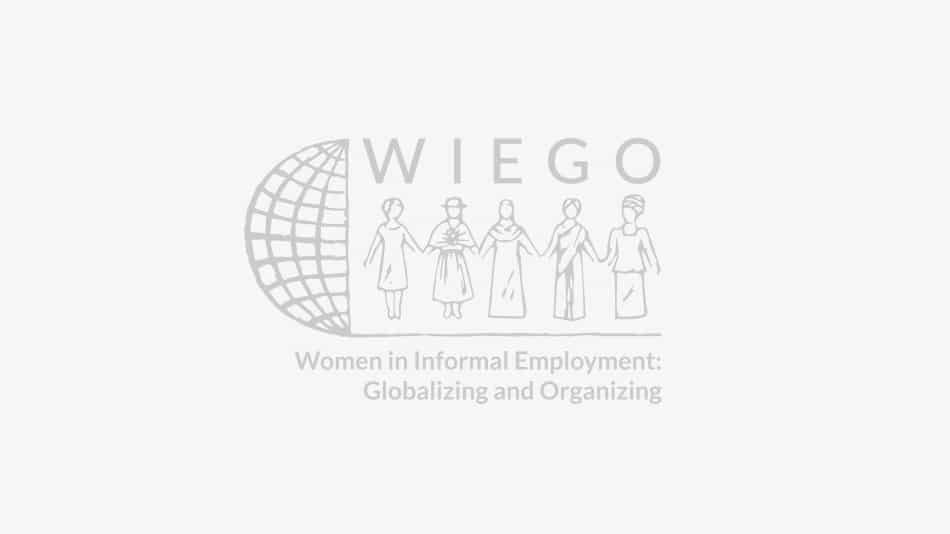African Centre for Cities International Urban Conference
-
February 1, 2018 - February 3, 2018

Cape Town, South Africa

Photo by Jonathan Torgovnik/Getty Images Reportage
The African Centre for Cities International Urban Conference took place from February 1st to 3rd, 2018, in Cape Town, South Africa. This event celebrated ACC’s ten-year anniversary and drew together leading urban scholars and practitioners from all corners of Africa and the world to take stock of ground-breaking urban research and to explore new avenues for enquiry and collaboration. Victoria Okoye, WIEGO’s Urban Policy Specialist and Caroline Skinner, WIEGO’s Director of Urban Research (and Senior Researcher at ACC) attended the event. Please see a list of panels hosted by WIEGO Team members and partners below.
Panel 54: Caroline Skinner – Intersections between the informal economy and a Radical Social Enterprise lens
This presentation reviewed different conceptualizations of informality in development studies and urban studies literatures, focusing on the underlying assumptions regarding the relationship between the state, market and civil society. This is used to identify the conceptual and policy gaps that a radical social enterprise approach might address but also potential pitfalls. The input draws on work of the global research-policy-advocacy network Women in Informal Employment: Globalizing and Organizing (WIEGO) with particular reference to WIEGO’s theory of change.
Panel 68: Victoria Okoye, Making way for ‘modern’ markets: street vendor exclusion in local economic development planning in Kumasi, Ghana
The rise of ‘modern’ markets is a growing trend in local economic-development planning for the upgrading of central business areas in global South cities. However, these developments pose significant impacts for street vendors, who carry out commercial activities in public spaces, including market streets, sidewalks and transport stations. This study investigates the local experience of this phenomenon in Kumasi, the second-largest city in Ghana and home to Kumasi Central Market, one of the largest public markets in West Africa.
Panel 55: Phumelele Mkhize; Asiye eTafuleni NPO Engaging informal traders through participatory action research: PAR as a tool for the inclusion of women in Durban’s urban development processes.
As local governments seek to improve the livelihoods of the poor in cities, and especially those of women in the informal economy, exclusive traditional planning and development methodologies will need to be challenged to consider local contextual conditions more rigorously. The ‘Kanyenathi’ (Building an Inclusive Future With Us) Project, a participatory action research (PAR) project undertaken by informal traders in partnership with Asiye eTafuleni, models the opportunity to go beyond the notion of ‘including’ informal traders in the development process, by also having them co-develop their own work places.
Learn more about the African Centre for Cities Urban Conference
Read Street Vendors and Cities, Environment & Urbanization contribution by Sally Roever and Caroline Skinner.